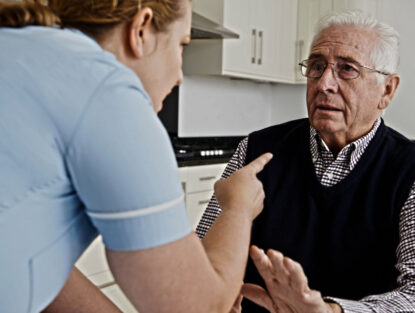
27 Nov, 2017
Mandatory Reporting Laws Could Affect Liability in Nursing Home Abuse CasesWhen certain professionals do not report the abuse of an elderly or disabled person, they…
Incidents such as accidents, failures to act, and intentional acts can warrant legal action against nursing home staff, based on existing policies or employee conduct. They include:
If a nursing home accepts Medicare, staff are required to follow federal regulations for the standard of care. This includes regulation 42 CFR sec. 483.25 (h), which states that facilities must ensure the environment remains free of accident hazards and that each resident receives sufficient supervision and protection with adequate devices to prevent accidents. The same regulation also details other standards of care regarding specific types of treatments and practices, including those for ulcers, foot care, incontinence, mobility, and accidents.
In cases of nursing home neglect and abuse, proving liability can be a challenge. It’s not always easy to determine what exactly resulted in a resident’s injury, particularly when loved ones aren’t present to witness it or the resident is incapable of describing the incident. Evidence is often unavailable or incomplete in many cases, which may support the nursing home and its staff.
One of the best ways for residents to get the help they need is to receive assistance from a qualified nursing home attorney who can help them build a case and receive full compensation.